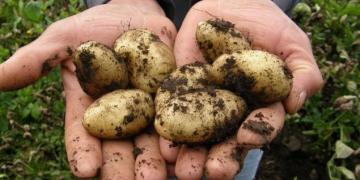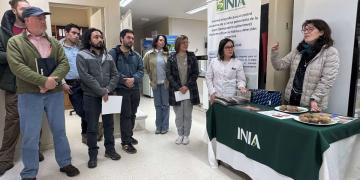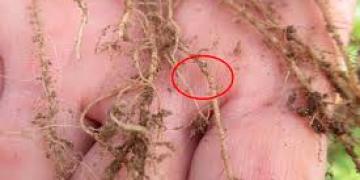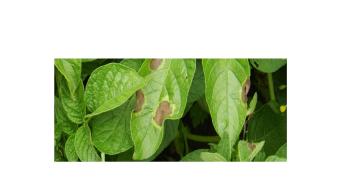Venezuela: IDEA researchers and Merida producers seek alternatives to diseases affecting potato crops.
"We are evaluating the adaptive and response capacity of potato producers in the state of Mérida to various diseases," said Carla Chacón, a sociologist with the ASA Directorate.
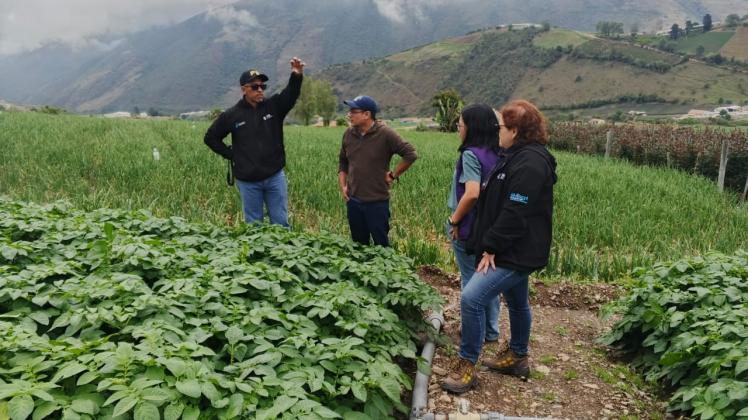
In an effort to provide potato producers with an alternative to combating pathogens that cause various diseases in this crop, a team of researchers from the Directorate of Agriculture and Food Sovereignty (ASA) of the Advanced Studies Institute Foundation (IDEA) took samples from potato crops in the towns of Bailadores and Pueblo Llano, in the state of Mérida.
The activity also had the institutional support of researchers assigned to the Plant Pathology Laboratory of the National Institute of Agricultural Research (INIA) in Mérida.
In this regard, Dr. Sandy Molina, head of the project titled "Molecular identification of potato varieties (Solanum sp.) belonging to the IDEA germplasm bank and evaluation of tolerance to late Candelilla and potato wart," reported that they are making progress in identifying genes resistant to these diseases in potato varieties.
They also seek to consolidate the creation of scientific networks to generate knowledge and solve problems in the Venezuelan countryside.
"We are evaluating the adaptive and response capacity of potato producers in the state of Mérida to various diseases," said Carla Chacón, a sociologist with the ASA Directorate.
Dr. Sandy Molina added that during the fieldwork, interviews were conducted with farmers in Bailadores and Pueblo Llano, discussing their perspectives on how late candelilla and potato wart disease affect their crops.
At the same time, they detailed the strategies they are using to combat these diseases and learned about current agricultural dynamics.
Researcher Sandy Molina reported that, according to reports from Merida producers and the survey conducted, an increase in the presence of yellow patches in potato crops was determined, caused by the PYVV virus that affects different varieties of this crop.
"Given this situation, we are working to explain the disease’s behavior and will continue to work to promote national potato production," he concluded.
Fuente:

